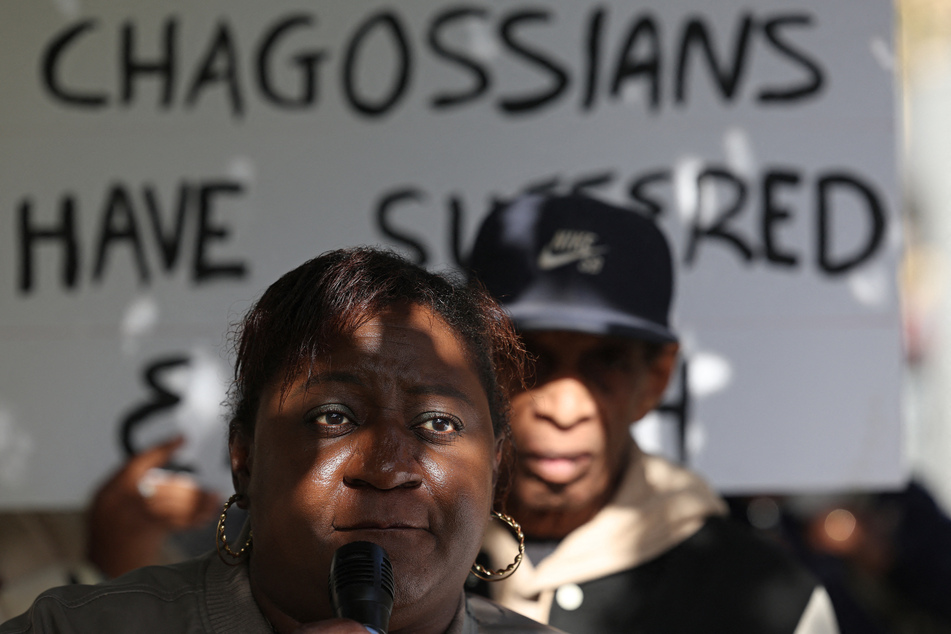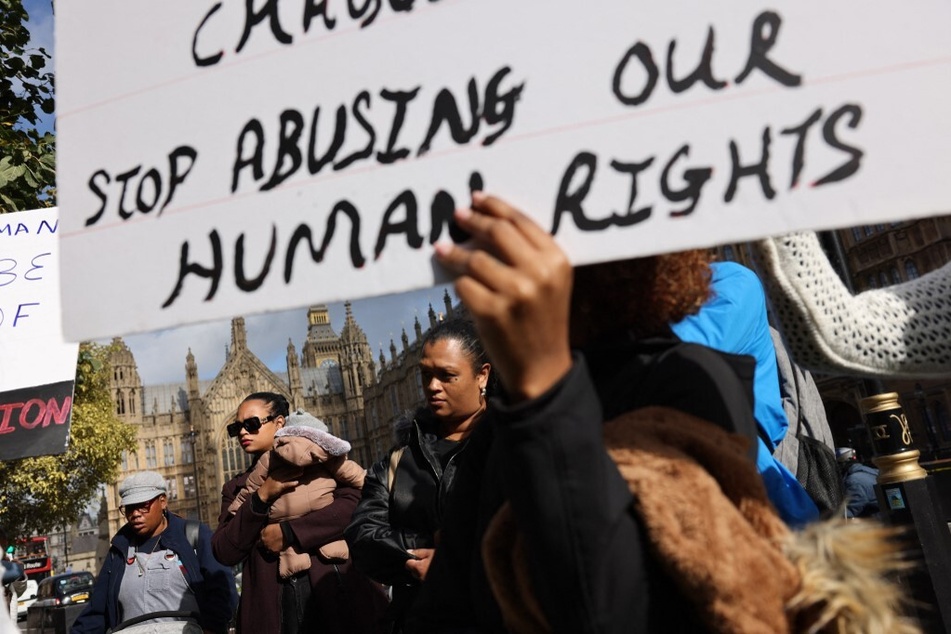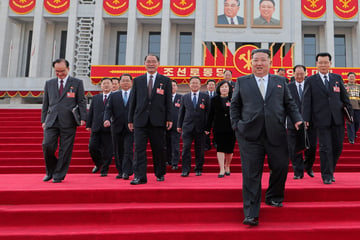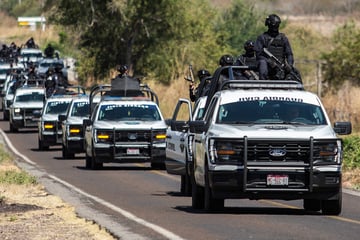Will Trump put a stop to Chagos islanders' long-awaited return after expulsion?
Chagos Islands - Chagos islanders still dream of returning home five decades after being expelled by Britain, but with Donald Trump in the White House, they may have to wait longer.

Late last year, Britain announced it would return the Indian Ocean island chain to Mauritius after years of court battles, even if there is still disagreement over the final wording of the treaty.
But both accept they must also get the approval of the US, which operates a military base on the largest of the Chagos islands, Diego Garcia.
Although Mauritius and Britain have agreed Washington can keep the base for 99 years, new Secretary of State Marco Rubio recently described the plan as a "serious threat" to the security of the US.
Some 2,000 people were expelled from the Chagos Islands in the 1960s and 1970s to make way for the base. Today, they and their descendants number around 10,000, spread between Mauritius, Seychelles, and Britain. Many still dream of returning.
In the Seychelles, the president of the local Chagossian organization said the promise of return was "the most beautiful opportunity in the world."
Pierre Prosper described the islands as "very similar to the Maldives," the tourist hotspot over 600 miles to the north.
"It is an untouched place, with very few buildings, where nature has completely restored itself over the last 50 years," he told AFP.
In Mauritius, Chagos Refugee Group president Olivier Bancoult said a team was already working on resettlement plans – rebuilding roads, housing, and schools – "to give a chance for people to return and spend their last days on Peros Banhos, Salomon, and maybe even Diego Garcia one day."
Bancoult was born on Peros Banhos, one of only three of the archipelago's 55 islands inhabited when Britain began expelling people.
Today, no one is allowed apart from US military personnel and their support staff, and Bancoult is indignant that this includes "Filipinos, Singaporeans, and Sri Lankans" when "sons of the soil" are not permitted.
Chagossians fight back against unjust expulsion

The Chagossians have stubbornly fought the British government in court for decades.
When Mauritius gained independence in 1968, London kept control over the island chain, which it had bought for £3 million (equivalent to around £45 million or $56 million today) three years earlier.
Britain also signed a lease in 1966 authorizing the US to use Diego Garcia for military purposes, and while the base was being built, the Chagossians were gradually expelled between 1968 and 1973.
In 2019, the International Court of Justice ruled that Britain's separation of Chagos from Mauritius was illegal, and the UN General Assembly adopted a non-binding resolution, giving London six months to return the archipelago.
Britain ignored the deadline, insisting on Diego Garcia's strategic importance against "terrorist threats, organized crime and piracy."
Human Rights Watch denounced the treatment of the Chagossians as a "colonial crime" in 2023 and said the US and UK owe full reparations.
"The documents are there (to) show that the UK and the US deliberately and secretly planned the forced displacement of an entire people," Clive Baldwin, HRW's senior legal advisor in London, told AFP.
"The racism behind it is in the documents very starkly," said Baldwin, noting that displacements did not take place around bases in Cyprus or the Falklands.
The Chagossians are descendants of enslaved African brought to the archipelago in the 18th century, then under French control, to cultivate coconuts and copra.
One racist British cable from the time described the locals as "a few Tarzans and Man Fridays."
The long wait for justice is all the more egregious given that it involves only a few thousand people and practically empty islands, Baldwin added.
Nonetheless, Bancoult remains patient as he awaits a final decision. "We cannot decide in place of the (Mauritian) government," he said. "The important thing is that there is still this agreement between Great Britain and Mauritius."
Cover photo: ADRIAN DENNIS / AFP

